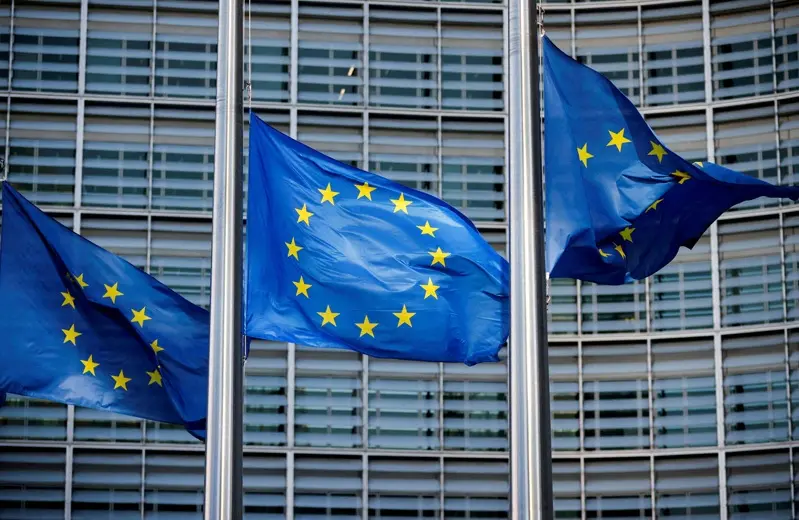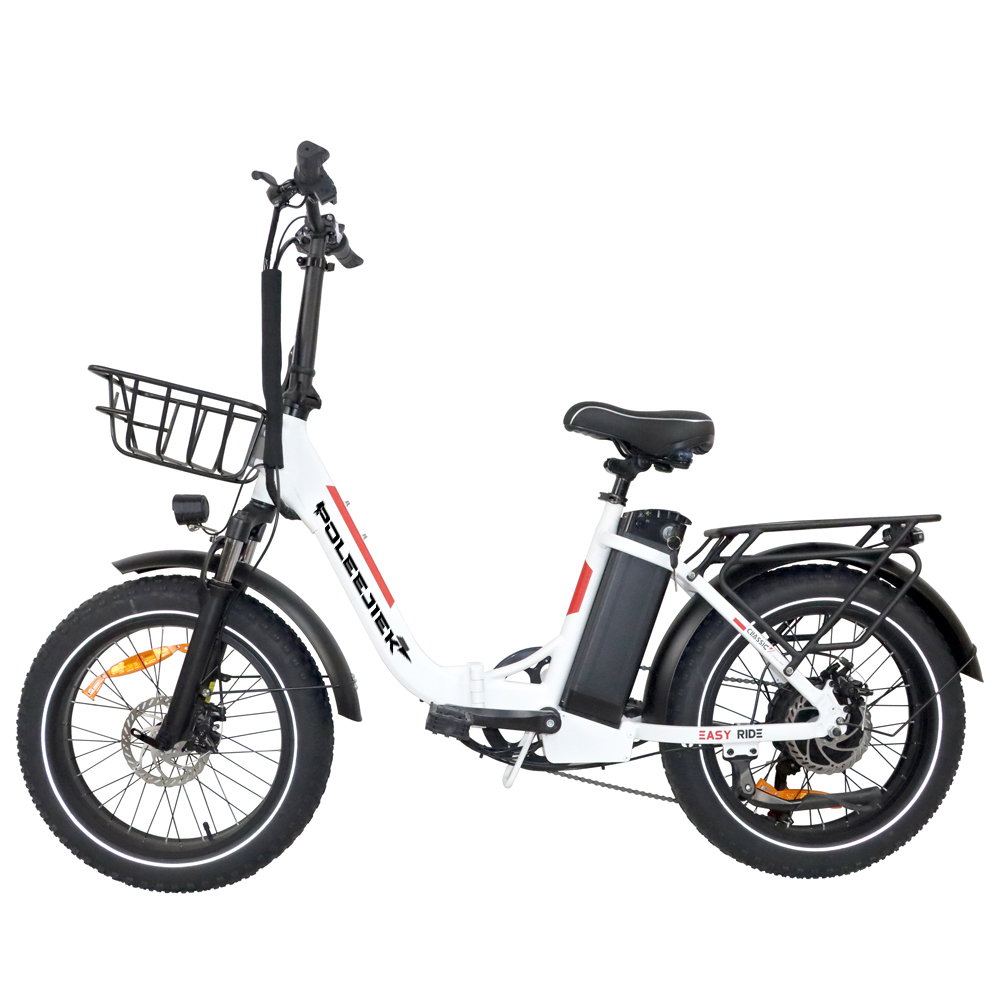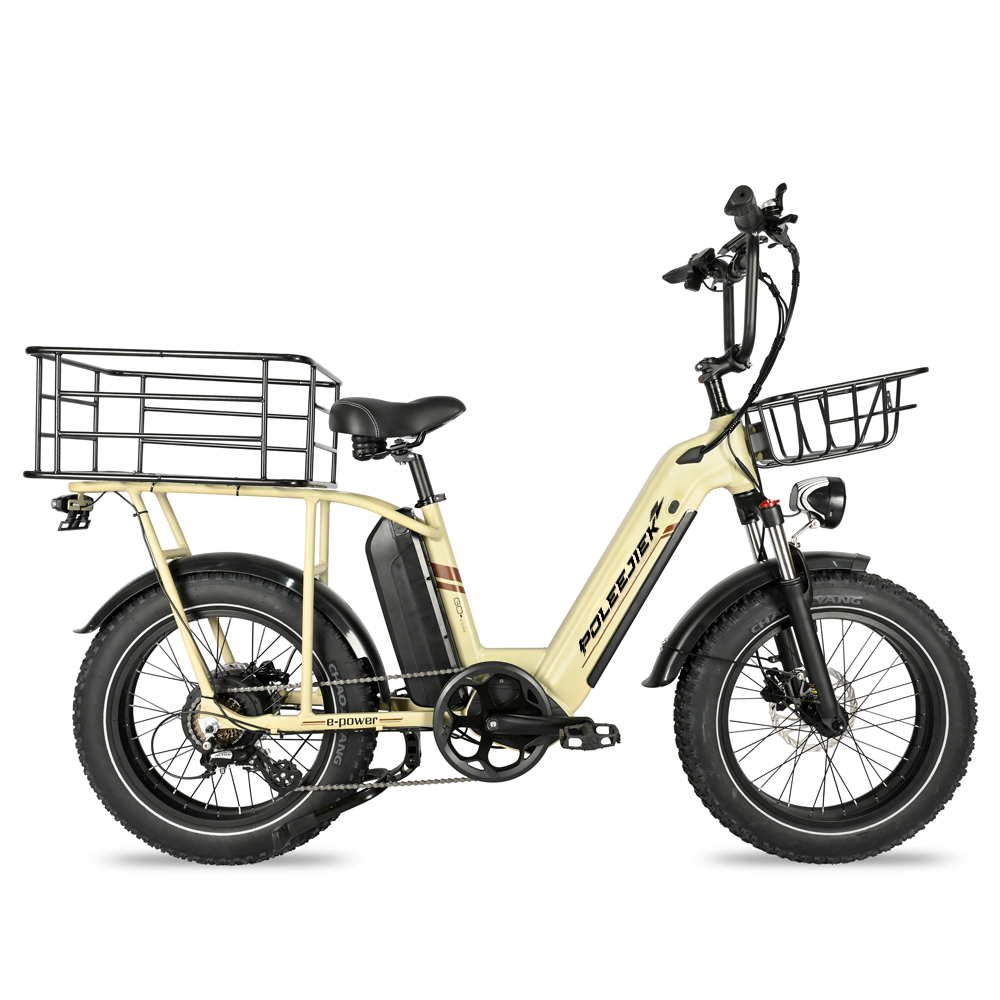CIE & CONEBI Merge to Strengthen EU Bike Industry Voice
European Bike Industry Announces Historic Merger
In a landmark move for the European cycling industry, Cycling Industries of Europe (CIE) and the Confederation of the European Bicycle Industry (CONEBI) have announced a historic merger. A resolution passed at the CIE General Assembly on October 14, 2025, lays the foundation for a single, unified association to represent the industry in Brussels.
This is more than an administrative change; it’s a strategic consolidation that will have significant impacts on policy, regulation, and the future of e-bike manufacturing.
Key Takeaways
-
Unified Voice: Europe's two largest bicycle industry associations, CIE and CONEBI, will merge into one entity to create a more powerful, single voice in Brussels.
-
Policy Focus: The primary goal is to strengthen advocacy and ensure the cycling industry is central to the EU’s Green Deal, digital, and industrial strategies.
-
Regulatory Impact: A unified body will be more effective in shaping clear regulations for all segments, from urban mobility to complex categories like the street legal electric bike.
-
Combined Strengths: The new association will merge the policy expertise of CIE with the market data and standards leadership of CONEBI.
Why This Merger Is a Game-Changer: An Expert Analysis
For years, the European cycling industry, despite its economic power, has contended with fragmented advocacy. This merger directly addresses two major challenges:
- Fragmented Regulations: Navigating e-bike regulations in Europe is complex. A 25 km/h pedelec is treated differently than a 45 km/h speed-pedelec (L1e-B), and high-performance models like an ebike 40 mph or an adult electric dirt bike fall into even more complex categories. A single, powerful voice can lobby for harmonized, sensible standards across all 27 member states.
- Economic & Industrial Clout: A unified association can more effectively advocate on critical economic issues, such as anti-dumping tariffs, supply chain sustainability, and securing EU funding for cycling infrastructure, framing the industry as a key economic driver.

A Manufacturer's Perspective on the Merger (POLEEJIEK Insight)
As a manufacturer that designs and engineers e-bikes for the global market, we at POLEEJIEK view this merger as an overwhelmingly positive development. For us and our B2B partners, it signals three key benefits:
- 1. Streamlined Compliance & R&D: A single, clear EU-wide framework reduces ambiguity. Instead of engineering products to meet 27 different national interpretations of a directive, we can focus our R&D on a single, harmonized standard. This lowers development costs and speeds up time-to-market for new models.
- 2. Better Market Data: The combination of CIE's and CONEBI's data-gathering resources will result in more robust and reliable market intelligence. This allows us to make smarter production decisions and helps our B2B partners identify emerging trends with greater confidence.
- 3. Long-Term Market Stability: A strong, unified industry voice leads to predictable, long-term policy. This stability is crucial for anyone making significant capital investments, from manufacturers like us building new production lines to B2B distributors and rental fleets purchasing inventory.
"This resolution is a historic and forward-looking step for the bicycle industry," said Tony Grimaldi, President of CIE. "This move will expand the industry's influence."
FAQ
Why are CIE and CONEBI merging now?
The timing is driven by the EU's focus on the Green Deal and digital transformation. The industry recognizes that to secure cycling's role (and funding) in these massive policy shifts, it must speak with a single, clear, and powerful voice rather than two separate ones.
What will the new association focus on?
It will combine CIE's strength in high-level policy and advocacy with CONEBI's expertise in market data, standards, and industry-specific regulations. The focus will be on ensuring the entire supply chain, from parts makers to bike brands, is represented.
How will this merger impact e-bike laws and regulations?
This is a key objective. A unified association will have more resources and political capital to work with policymakers. We expect a stronger push for harmonized standards across the EU, especially for complex categories like high-speed e-bikes and "street legal" off-road models, which will ultimately make it simpler for manufacturers to innovate and for consumers to understand the law.










